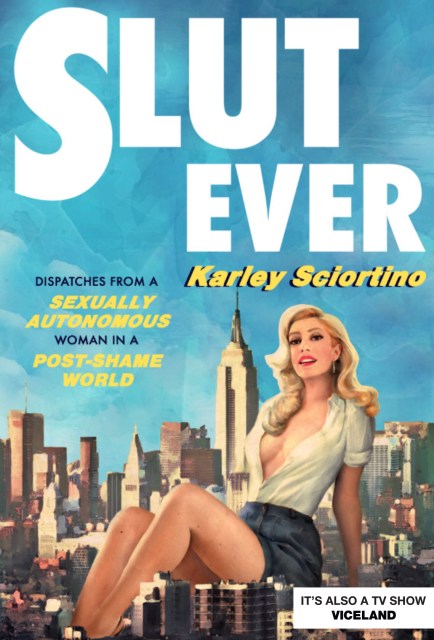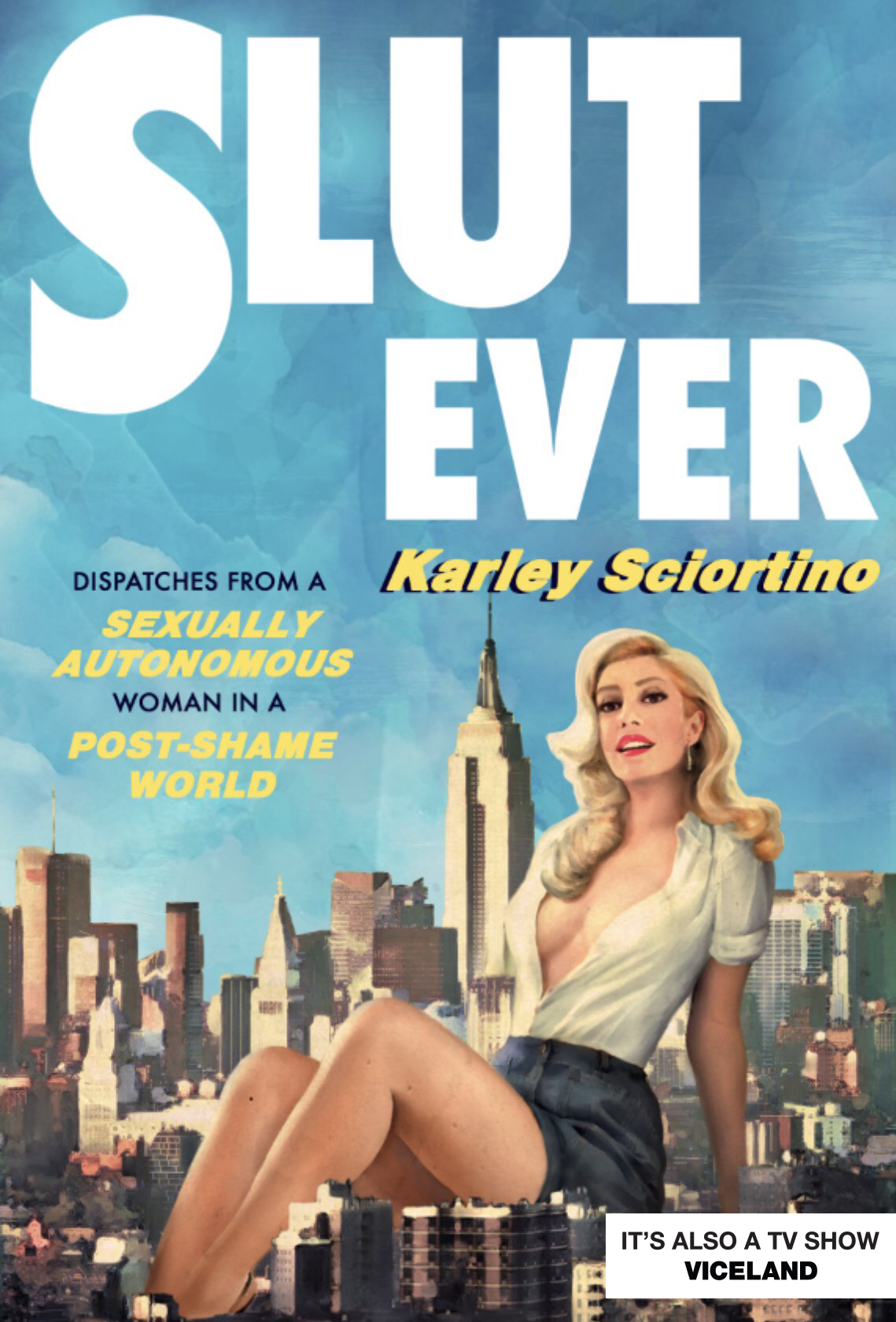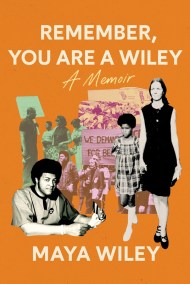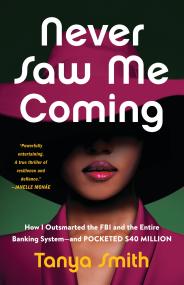Promotion
Sign up for our newsletters to receive 20% off! Shop now. Exclusions apply.
By clicking “Accept,” you agree to the use of cookies and similar technologies on your device as set forth in our Cookie Policy and our Privacy Policy. Please note that certain cookies are essential for this website to function properly and do not require user consent to be deployed.
Slutever
Dispatches from a Sexually Autonomous Woman in a Post-Shame World
Contributors
Formats and Prices
Price
$11.99Price
$14.99 CADFormat
Format:
- ebook $11.99 $14.99 CAD
- Audiobook Download (Unabridged) $24.99
- Trade Paperback $16.99 $22.99 CAD
This item is a preorder. Your payment method will be charged immediately, and the product is expected to ship on or around February 6, 2018. This date is subject to change due to shipping delays beyond our control.
Also available from:
"Slut" is a great word. It just sounds perfect-so sharp and clear and beautiful. It's one of those satisfying four letter words, like cunt and fuck. Slut also happens to be an anagram for lust, which is one of those divine coincidences that makes you wonder if God actually exists.
We're lucky that slut is such a great word, because it's safe to say that almost every woman will be called a slut at least once in her lifetime. Despite a slowly shifting sexual double standard, it's still taboo to be a woman who's openly sexual-let alone one who sleeps around. Now Vogue columnist Karley Sciortino is on a mission to reclaim the word "slut" to represent a person who seeks out visceral experiences through sex, and who isn't ashamed about it. Sluts are special. Sluts are radical. And sluts are skilled at time management, because they can handle multiple partners on rotation, plus their jobs and their blogs and their beauty routines. Not everyone is qualified for this coveted position.
Slutever is a thoughtful, first-person account of a modern woman, navigating sex, love, casual hookups, open relationships,, bisexuality, BDSM, breakups, sex work, sex parties, and the power of sexual agency, as told from the front lines.
-
"Slutever is a funny, surprising, and ultimately enlightening book. Karley Sciortino is a natural-born killer of outmoded ways of thinking about love, sex, and personal agency. Generation slut has found a thoughtful, articulate voice."Christopher Ryan, Ph.D. (Co-author of Sex at Dawn: How We Mate, Why We Stray,and What It Means for Modern Relationships)
-
"Karley is the mad aunt every proto-slut should have. Hilarious *and* informative. I genuinely wish I'd had this book when I was a teen. I suspect it would have helped me make sense of the world and myself a lot faster."Stoya, pornographer
- On Sale
- Feb 6, 2018
- Page Count
- 288 pages
- Publisher
- Grand Central Publishing
- ISBN-13
- 9781478944751
Newsletter Signup
By clicking ‘Sign Up,’ I acknowledge that I have read and agree to Hachette Book Group’s Privacy Policy and Terms of Use







